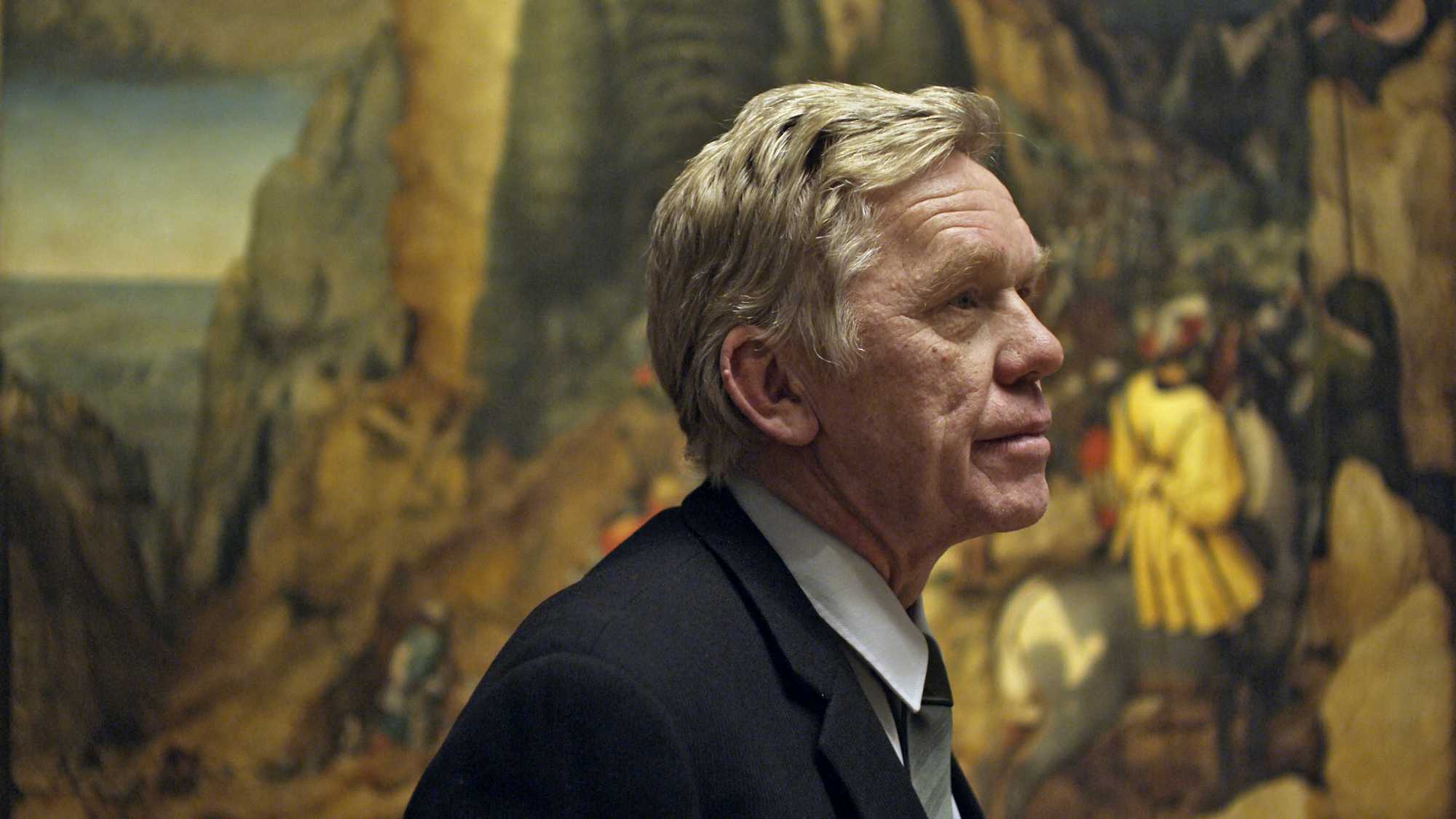This lovely portrait of an unexpected friendship between a solitary traveller (singer Mary Margaret O’Hara) and an urbane museum guard is infused with the glories of the magnificent Kunsthistorisches Museum in Vienna.

A beautiful and poetic exploration of lives that are artful and art that is full of life.
Screened as part of NZIFF 2013
Museum Hours 2012
Jem Cohen’s lovely film glories in the wealth of experience and generosity of spirit animating a great public institution, namely the Kunsthistorisches Museum in Vienna. Anne (singer Mary Margaret O’Hara), a middle-aged Montreal woman visiting a comatose relative in the city, not knowing another soul there, fills her days in the great art museum. She is befriended by Johann (screen newcomer Bobby Sommer), an urbane and gentlemanly gallery attendant. They quickly strike a lively accord of mutual amusement and candour, as he shows her the works in the gallery and the points in the city that mean the most to him.
Their meetings and conversations are enlivened by interactions with architecture and art, the museum’s Bruegels in particular, but Rembrandt, Rubens and Arcimboldo have their moments too. Johann sees people pour through the galleries every day; force-marched kids sniggering at the depictions of sex, tourists in search of a bathroom or wanting to know what the paintings are worth. But he also sees people in intense, personal engagement with art. In the film’s key example, a tour guide extols Bruegel’s democratic placement of anonymous commoners in his depictions of great events. Her advocacy sets off a vein of deep irritation in a male adherent of the heroic view of art and human endeavour. The very cut of Cohen’s film makes it clear that his own inspiration is drawn from Bruegel and the quietly impassioned docent.
“Both the public museum and the Viennese streets foster the film’s central human subject: a genuine friendship, one of the rarest subjects in the movies.” — Robert Koehler, Cinema Scope